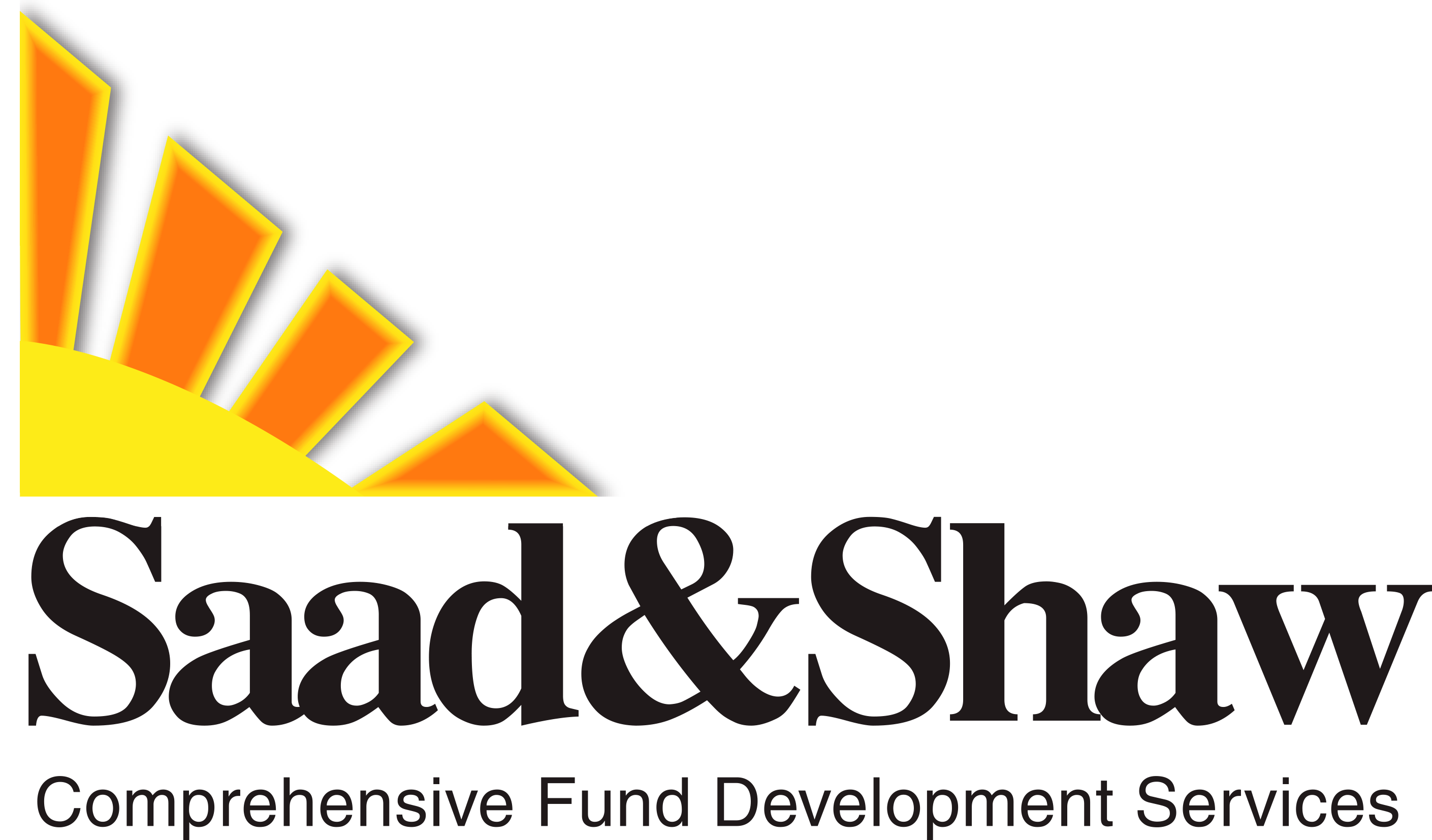 A key element to successful fundraising is accurately judging how your efforts will be received by potential donors and your community at large. Your board, executive director and development director can make decisions about the amount of funds to be raised and how they should be used — but will people outside your organization or institution agree with their assessment? Will they give and encourage others to do so?
A key element to successful fundraising is accurately judging how your efforts will be received by potential donors and your community at large. Your board, executive director and development director can make decisions about the amount of funds to be raised and how they should be used — but will people outside your organization or institution agree with their assessment? Will they give and encourage others to do so?
How can you get this crucial information? You may not know where to turn or what questions to ask.
The best way to answer these questions is to conduct a feasibility study or survey. Information is powerful–and one of the most useful tools an organization can employ is a survey or study to help design its fundraising strategy.
A feasibility study or survey is the process of interviewing key individuals who will provide you with the funding, resources, and influence that will assure the success of your fundraising efforts. It can also include interviews with those who may oppose your organization and its quest to raise money. The purpose of the interviews is to find out how your community responds to your proposed fundraising before you begin the process of asking people for money. In this way you can better shape your campaign and address any objections before they arise.
Both studies and surveys should include 12 to 45 interviews conducted in person when possible. The number of interviews is influenced by the amount of money you need to raise.
A study provides detailed analysis and statistics of the responses to each question, key findings, and suggested next steps. A survey typically includes key findings and suggested next steps. The main difference between the two is cost and time. A study takes more time and costs more money. Most institutions raising large sums of money require a study because the detailed analysis provides a higher level of due-diligence.
Whether a study or a survey the information obtained from the interviewees is not attributed to specific individuals, allowing them to speak more freely. This is important because sometimes it is hard for people who know us to tell us what we may most need to know.
Conducting a feasibility study or survey begins with providing interviewees a detailed document to read before their interview. This document outlines your organization’s mission, vision, successes, leadership, how much you want to raise, how the funds will be used, and the impact they will have.
The actual study or survey is usually conducted by an independent consultant. This is for several reasons:
1. People will often tell a consultant things they are unwilling to say to the executive director or an individual associated with your organization.
2. Most organizations don’t have staff or board members who know how to conduct a feasibility study or survey and analyze the results.
In next week’s blog post we’ll tell you what kinds of crucial information can be obtained from a feasibility study or survey. Stay tuned!
© Mel and Pearl Shaw 2010.

